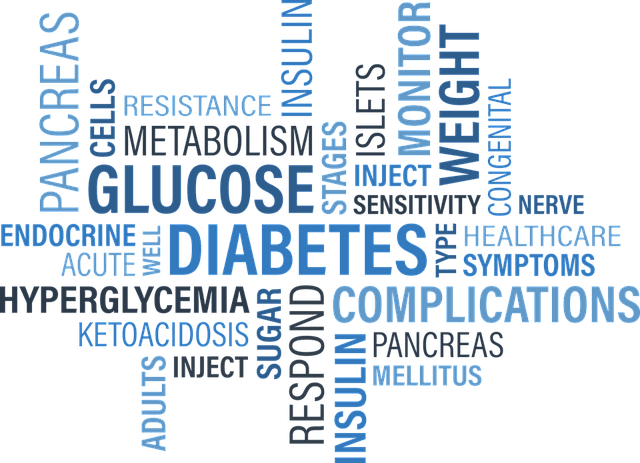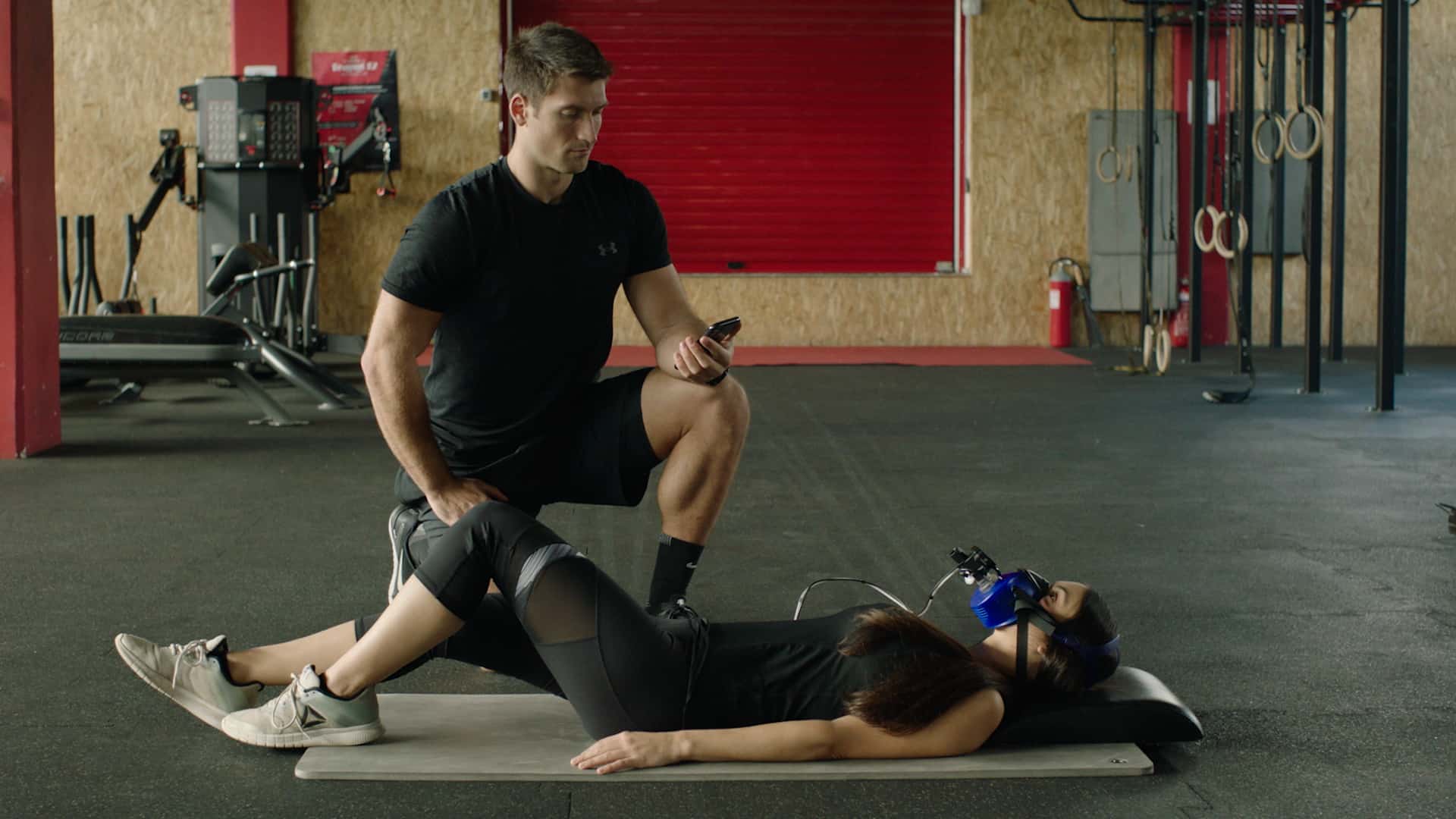How To Increase Your Metabolism
Metabolic slowdown and why you should care about it.

Why Is It Important For Me To Know About How To Increase Metabolism?
Everyone engaged in a fitness routine has heard the term “metabolism.”
What I have found is that this term is well known, but its meaning can be confusing, difficult to apply, and fully understood.
Because of this ambiguity, simple processes like attempting weight loss the right way, one can fall victim to a decreased metabolism.
What I will do in this blog post is an attempt to DE-MISTIFY exactly what metabolism is, how it works, and how to increase metabolism so you can get the most out of your workout.
I will provide three things that control your metabolism and share what will help increase metabolism naturally.
And of course, I am here to educate and NOT manipulate, and as such, I will include some bonus material as well.
Let’s get to it.
So what is metabolism anyway?
Metabolism includes all biological processes that convert fuel from nutrients like fats and carbohydrates into the energy our body needs to survive.
This energy is what we refer to as calories.
In simple terms, it’s the process through which we burn calories.
It is the most vital biological process since it provides a constant supply of the energy needed to power your body movements and all functions keeping you alive such as breathing, blood circulation, cell growth, muscle reparation, etc.
Metabolism differs significantly from one person to another because of age, genetics, exercise habits, nutrition preferences, medication, etc.
How can I increase my metabolism to lose weight?
There are several ways to increase your metabolism and promote weight loss. Here are some effective strategies:
Engage in regular physical activity, including both cardiovascular exercises and strength training. This can help boost your metabolism and increase calorie burning.
Incorporate high-intensity interval training (HIIT) into your workout routine. HIIT involves short bursts of intense exercise followed by brief recovery periods and has been shown to enhance metabolism.
Ensure that you are eating enough protein in your diet. Protein has a higher thermic effect compared to fats and carbohydrates, meaning that your body burns more calories to digest and process it.
Stay properly hydrated. Drinking an adequate amount of water can temporarily boost your metabolism and support proper bodily functions.
Get enough restful sleep. Lack of sleep can negatively impact your metabolism and hormone regulation, so aim for 7-8 hours of quality sleep per night.
Remember to consult with a healthcare professional or registered dietitian for personalized advice and recommendations based on your specific needs and goals.
What Does High Metabolism Even Mean?
Why it’s important to have a high metabolism.
A high metabolism means your body burns more calories than the average person of the same age, weight, height, and gender.
Conversely, having a slow metabolism means you are burning fewer calories than the norm.
Since weight loss requires a caloric deficit, the state when you eat fewer calories than you burn, having a high metabolism is the most powerful protection against obesity.
However, besides protecting you from weight gain, having a high metabolism is associated with faster cellular and muscle tissue reparation and other healing processes vital to recovery after training.
Therefore, a high metabolism is also essential for avoiding injuries.
Metabolic Factors You Should Know
What can cause my metabolism to slow down?
Nutrition, aging, and training are the most potent drivers of your metabolism and can all lead to a metabolic decline.
Here’s how each one can affect it in order of biggest impact according to my humble opinion and life experience.
What causes fast metabolism?
Genetics, regular physical activity, and muscle mass are the primary factors that contribute to a fast metabolism.
Additionally, consuming an adequate amount of protein and getting enough sleep can also help boost your metabolic rate.
Want to speed up your metabolism?
Nutrition is one of the most powerful drivers of your metabolism.
When you reduce the calories you consume and enter into a calorie deficit, the state in which you burn more calories than you eat, your body will reduce its metabolic activities in two ways. First, it sheds muscle mass.
This process occurs since muscles are one of your primary energy reserves that will be tapped upon to cover the calorie deficit caused by food restriction.
Second, it makes your remaining muscle mass more economical, causing it to burn fewer calories when moving (e.g., walking).
This is done by changing the balance of specific hormones that regulate the energy your cells burn during movement.
Both processes are part of your body’s survival mechanism and kick in to conserve calories and help you close the energy deficit caused by restricting food intake. However, both can be averted with the correct dose and type of exercise.
Let’s Talk about Your Age
Aging will cause your metabolism to decline since the older we get, the harder it is to maintain muscle mass and the less metabolism-boosting hormones (e.g., growth hormone) we secrete.
The metabolic decline caused by aging is much less acute than the one nutrition or training can cause, and in most cases, it’s responsible for only a small portion of a person’s weight gain.
Moreover, despite the decline it causes, training and exercise can help reverse it and maintain your metabolism at healthy levels.
Weight training can affect your metabolism in the fastest and most acute way.
Although it can be a powerful tool for increasing your metabolism, however, over-training can have the opposite effect.
The most effective workout type for increasing your metabolism is resistance training.
First, it increases your muscle mass, leading to more calorie burn as more active tissue requires more energy.
Second, it increases the energy your muscles burn on a per-unit basis, meaning that every pound of muscle mass starts to burn more due to a positive shift in the hormone balance regulating your cells’ energy consumption.
Too much training, however, has been shown to cause an adverse change in hormone balance (e.g., reduction of growth hormone secretion) that reduces metabolic processes.
In this case, metabolic decline and the associated decrease in recovery capacity pose a critical danger for injuries.
Three Tips to Boost Metabolism Naturally
You can increase metabolism by incorporating protein into the diet.
Generally, older adults have higher levels of phosphorylated fats to replace lost weight and to maintain bone health.
The majority of older adults need about 0.5 g of food per kilogram.
You should also get plenty of whole grains, fruit vegetables, and fiber.
Eating foods that provide nutrients can help to increase your nutrient intake, as the intestine is slower to absorb nutrients.
Adding nutrients to the food will help you keep you nourished longer.
Drinking water improves digestion.
If we drink H2O our body undergoes thermogenesis to convert the liquid into heat to body temperature.
It is a process that occurs when you metabolize food.
When using energy to create the energy you will need calories burning which will improve the metabolism.
Although the whole operation lasts about one hour, it happens every time a person drinks water.
Hydrating helps in exercise too, allowing the brain to absorb nutrients in the body as it hydrates.
Water helps maintain skin health.
As a young adult, your body starts shrinking from around 3 percent to 8 % every ten years.
The resulting sarcopenia accelerates once the age of 50, so that muscle is lost every year after this period.
During this period your metabolic rate also decreases.
Protein and muscle are linked, and the decrease in body mass is correlated, as do metabolisms.
Try strengthening and lifting.
By building muscle mass, you can increase your metabolism and reduce fat conversion.
Weight lifting or bodyweight training, and Whole-body Vibration Training will help in building muscle.
Okay, I dropped a ton of valuable content to educate you on why you need to be thinking about your metabolism and what you can do to boost your metabolism naturally.
So are you ready for the bonus material I promised you before we get to the conclusion?
Here you go, and some of you are going to love this one.
I know I do…
With age, it is common for a person to get little or no sleep.
You may be more active and alert at night and fatigued more at night.
Sleep helps with digestion and metabolism.
Because you sleep more helps you burn fat and utilize nutrients better.
For a healthy sleep:
Contact your healthcare provider to check for health issues and problems or click here for some FREE resources!
A metabolic slowdown can pose a severe obstacle in achieving your dream physique and staying healthy long-term.
As a result, one of the most important things to monitor is whether your metabolism has slowed down or whether your current fitness and nutrition are causing it to decline.
The PNOE metabolic analyzer provides a clinical-grade analysis of your metabolism, helping you act early and avoid the pitfalls of a metabolic slowdown.

